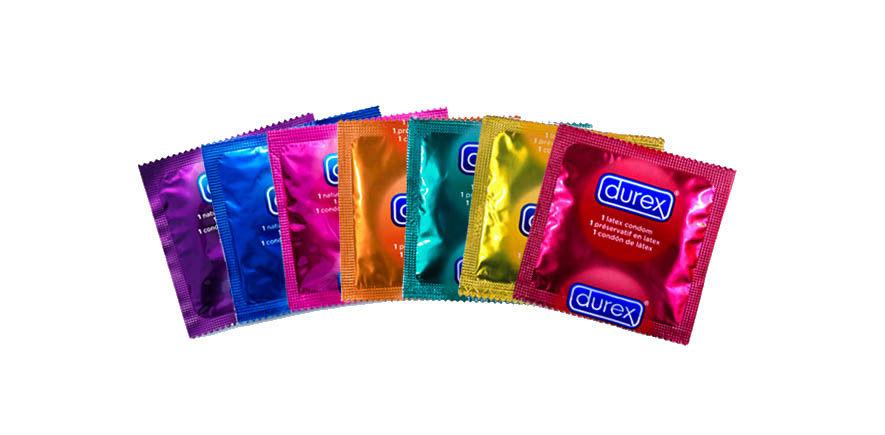The birds and the bees: a conversation every parent looks forward to having with their child. Although uncomfortable, the discussion about sex is significant. The outlook youth have on sex determines how they construct relationships, how they treat their partners and how they become intimate. Accordingly, there is an incredibly nuanced and comprehensive curriculum to ensure teenagers are equipped to make the correct decision, right?
Well, not exactly. My parents and I did not discuss intimacy often, and I tuned them out when we did. School was not much help either. I attended sex education classes for four years, and the only class which was helpful was the one which I learned the science behind hormones and sex. Throughout middle school, my instructors crammed abstinence down my throat. They forced us to view horrific pictures of genitals with STIs. I never learned anything about the emotional intimacy sex introduces into a relationship or about how to practice safe sex. Considering Americans have an average of 7.2 sexual partners in their lifetime, we need to examine how effective abstinence education is and explore other alternatives.
Since 1996, the federal government has spent about $2.1 billion on abstinence-only curricula. Unfortunately, these programs have been widely ineffective. The American Journal of Public Health’s research found that abstinence-only education does not lower teen birth rates. Teenagers that receive no sex education or abstinence-only education are more likely to report teenage pregnancies than those in comprehensive sex education programs. Therefore, schools should consider adopting alternative programs.
I was never interested in being sexually active in high school, partially because of disinterest and because I had no one to have sex with. But now that I am in college, both the desire and opportunity are present. Unfortunately, I and many others are not equipped with the necessary knowledge to make a mature and informed decision about the right time to become sexually active.
The lack of information for teenagers who become sexually active is the most significant flaw of abstinence-only programs. For one, only 20 states require information in sex education programs to be medically accurate. Kids should know basic anatomy and physiology, especially when many become sexually active when they grow older. If we do not teach children how sex and puberty works, they will learn about it from places on the internet. I think it is safe to say those websites are not as informative as a classroom.
Medical knowledge is not the only information missing from the classroom; many abstinence-only programs do not address how to have safe sex. Schools need to discuss condoms, birth control and other contraceptives to ensure teenagers protect themselves from STIs and prevent adolescent pregnancies. Some research (albeit older studies) shows that teenagers in comprehensive sex education programs are more likely to delay sex. Furthermore, they tend to have fewer partners and use condoms more often. Therefore, we should transition to teaching a curriculum based around both safe sex and abstinence. The system should empower teenagers to make informed decisions, not demand they live a certain way.
One of the things I wish I had learned when I was in high school was how sex changes the dynamics with a significant other. We never discussed any of the emotional implications sex changes when two people are in a relationship. As it stands, only 11 states teach about consent and healthy relationships. Consent and relationship education are some of the most critical aspects of a sex education curriculum. Teenagers must know where to draw the line between rape and consensual sex. For instance, not all students understand a drunk person cannot give consent or one can rescind permission during a sexual act. Also, teenagers should know how relationships function. When you introduce sex, it can be for either genuine or manipulative reasons, and sexually active teenagers need to see the distinction. Without teaching the difference in toxic and healthy relationships, many teenagers may remain in physically and emotionally abusive relationships.
We must equip the next generation with the knowledge they need to decide whether they want to become sexually active. Abstinence-only programs do not deter sex, so we should ensure that teenagers know they have the option and that they make the right choice for the right reason.
What we don’t tell teenagers about sex
February 13, 2020
Photo by Creative Commons
Opinion writer Caleb Powell said high schoolers should be given more information about contraceptives like condoms and birth control pills.
Donate to The Battalion
Your donation will support the student journalists of Texas A&M University - College Station. Your contribution will allow us to purchase equipment and cover our annual website hosting costs.





















